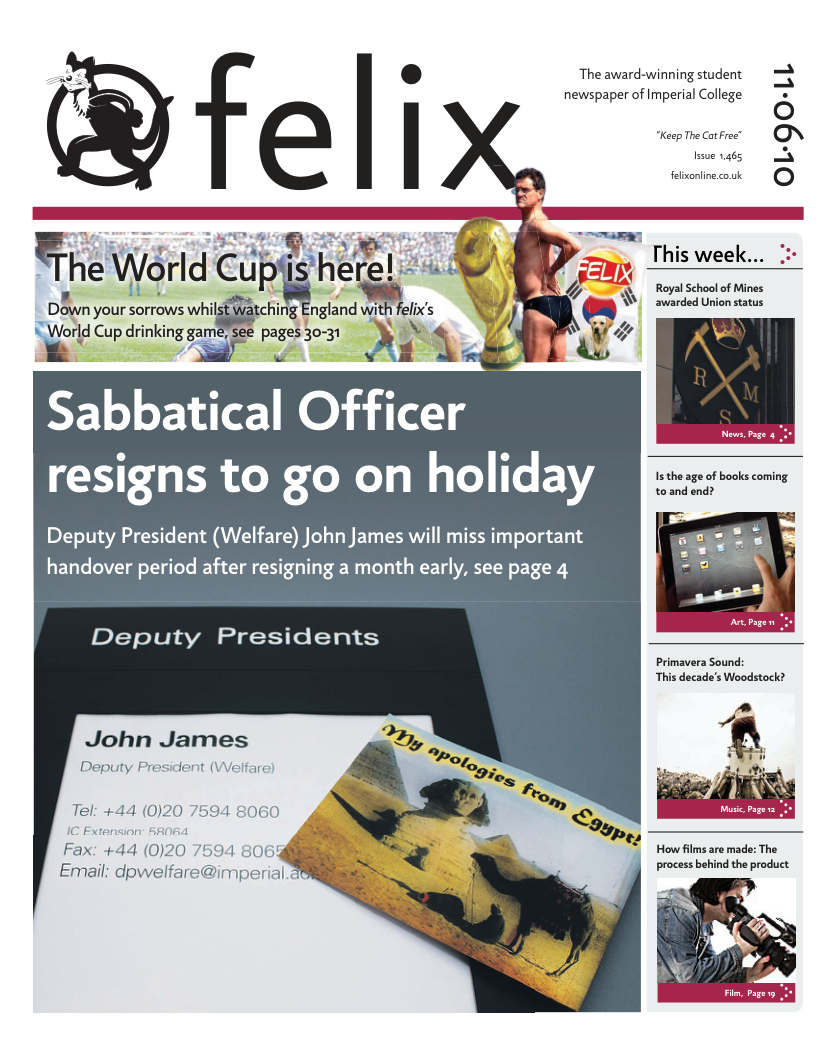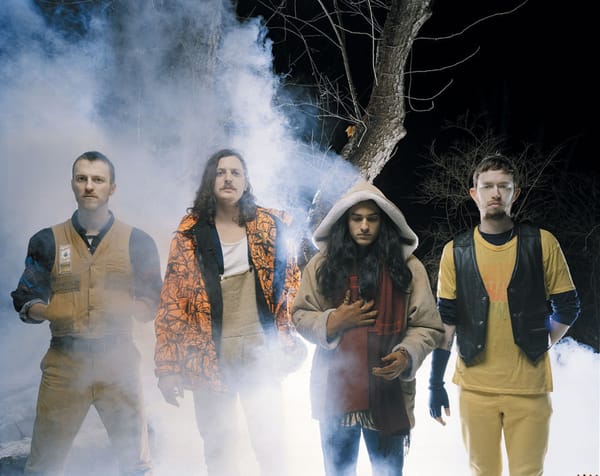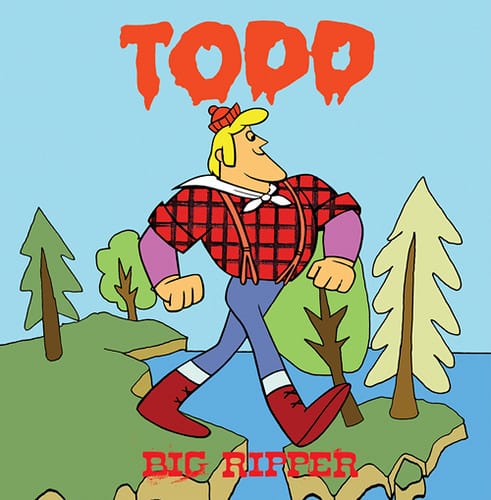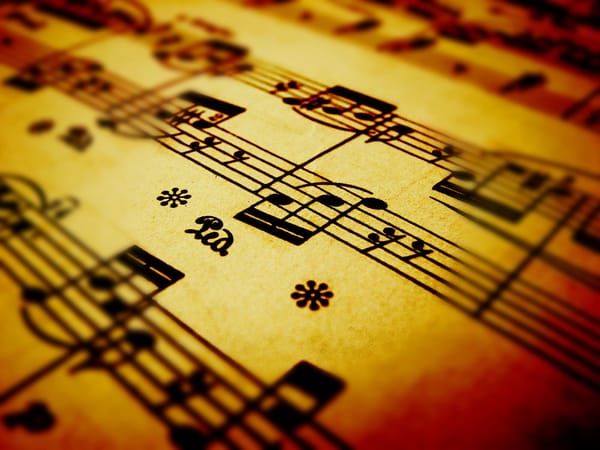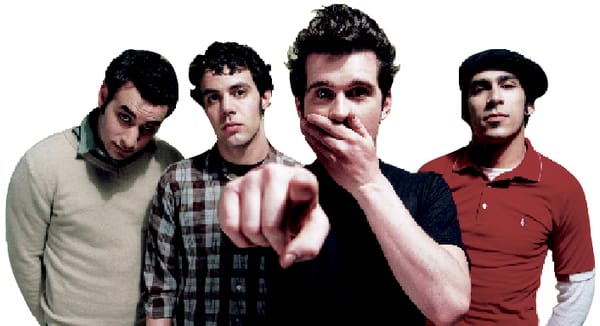Once a scientist, always a scientist?
After studying Physics for 4 years and completing a PhD in Neuroscience, Valeria Del Prete (a.k.a Double Thumb) quit academia to pursue her dream of making music
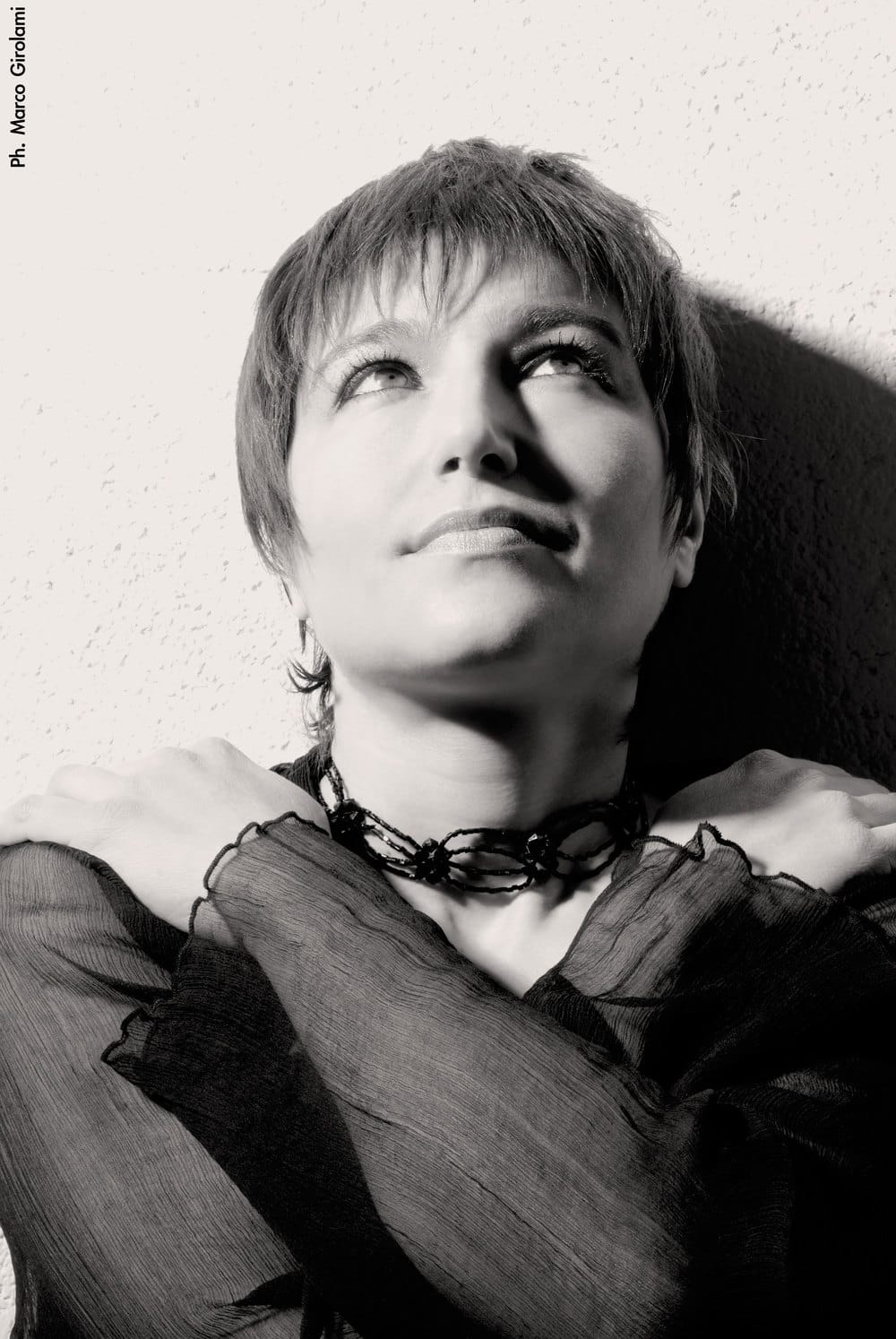
Look around the library and you'll see it. In those idle moments between productive bursts of revision, students daydreaming of a more glamourous life; I could have played for England, I could quit and go traveling or perhaps I could be a rockstar. For Valeria Del Prete these daydreams grew and grew until one day, after a Masters in Physics, a PhD and a year of post-doc study, she finally decided it was time to turn dreams to reality.
We're sitting outside the Builder's Arms near Gloucester Road and she's joking about how she still managed to get lost even though she's spent a lot of time around Imperial through her work assisting and tutoring a disabled Imperial Physics student. She's just recently finished a degree in Vocal Production at Thames Valley University and like many Imperial students, is feeling refreshed after weeks of exams.
But how does an academic from Italy end up producing music in her bedroom in Acton that Radio 6's Tom Robinson called “more original than 95% of the mundane nonsense churned out by “professional” studios and labels these days” and “possibly the most assured debut recording I've heard by a UK artist since “The Wizard” by Bat For Lashes.”?
“I've always loved music. I started playing piano when I was 3 on this one octave piano and at the beginning I was just banging the same chord but I just naturally progressed with it. And when I was a teenager I was in a few bands. Rock bands mainly, playing stuff like Van Halen”
She laughs at her younger self, faintly embarrassed at the memory.
“I have a very soft voice now, so you can imagine me at 15 trying to sing Van Halen. I still have some recordings and they're just hilarious.”
The inevitable question on the tip of my tongue is what persuaded her to go down the safe route. Was it a lack of courage or parental pressure?
“It was a mixture of the two. My parents liked that I played music but they didn't like it as a career. They saw being a singer as kind of a whorish job. They have this idea of it being sexed up and all that. And they would say that my voice wasn't good enough. My dad's idea of a good voice is Whitney Houston and anything below that or different from that isn't good. And at the same time I wasn't very confident, I was really uncomfortable with myself when I was a teenager. If I had started making music then, it probably would have been a disaster. I was too dramatic and emotional about everything.”
But her time studying Physics wasn't necessarily an unhappy period in her life. As she tells it, she was too busy studying and learning for things like unhappiness. “It was like being under the influence of some drug, I put aside any ambition that I had. It was like being a completely different person.”
It took a long time for Valeria the musician to fight back against Valeria the scientist. She'd had an interest in neuroscience as a teenager and basically sleep-walked into a PhD at the International School for Advanced Studies in Trieste.
“During my PhD I started to get over my lack of confidence and something started to re-emerge. I started to become dissatisfied and I thought, “Do I really want to become a 50-year old professor?” But it wasn't sudden, when you've been studying for so long it's hard to just renounce it all. It took another two years to make that decision. I got depressed and eventually I just reached a threshold.”
Was there a moment I ask her? A sudden decisive revelation?
“I remember what finally made me decide. I went back to Italy for a few weeks and I got in touch with some musicians that I knew there and we did a couple of sessions together and I suddenly realized “This is great! I want to do this all my life.”
That was 6 years ago but Valeria isn't fazed by her relative lack of success, when the compared to flash-in-the-pan stars of mainstream pop. “I liked the idea of success more when I was younger. But now success scares me. Obviously having enough money so that you don't have to worry is great but success is also a cage. You can't go out with friends, you don't have your own time, so right now I'm quite happy because I'm in control of what I'm doing. My main goal isn't success, it's to produce quality music that I'm happy with and that people appreciate genuinely, not just because I'm in a magazine but because of the music.”
It's great to hear somebody talk about their commitment to “the music” without the usual garbled pretentious twaddle that usually accompanies, but I can't help but take her criticism of success with a pinch of salt. When I ask her the age old question, “Who would you love to perform with?” she laughs and answers cheekily “An audience of 35,000 people.”

